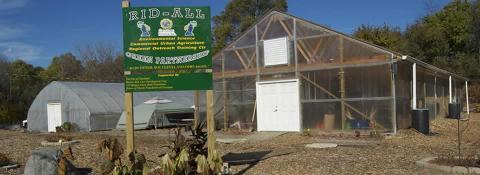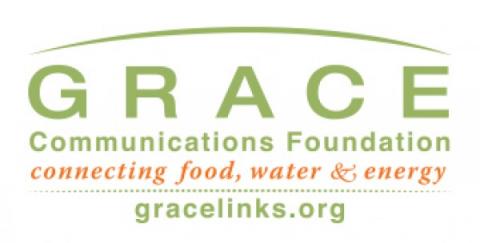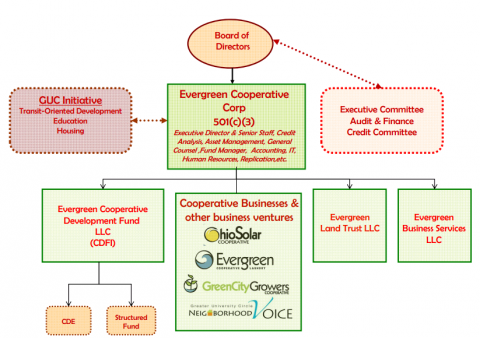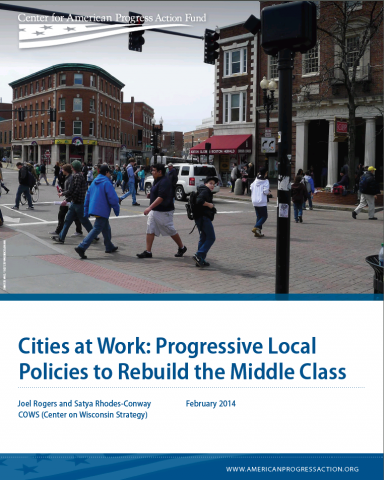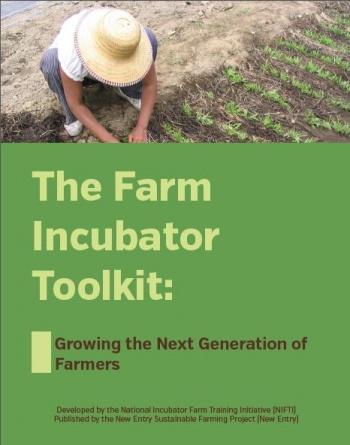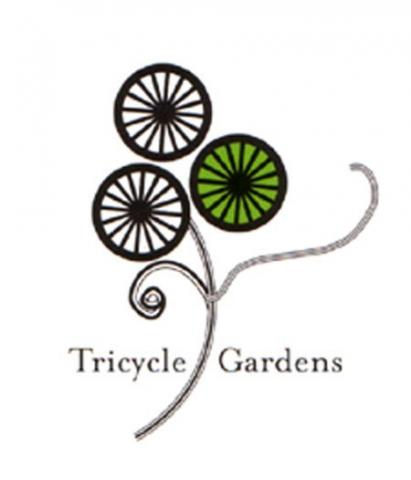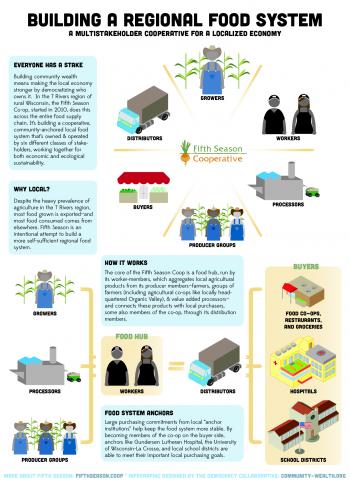HealthyFoodAccess.com is an information clearinghouse draws awareness to inequitable access to healthy foods in communities across the country and provides tools to launch and expand healthy food access retail projects in low-income communities. It offers resources on policy efforts, news, and strategy to help improve access for consumers and communities. The Healthy Food Access website is a collaborative effort of PolicyLink, The Food Trust, and The Reinvestment Fund, and was launched with funding from the Robert Wood Johnson Foundation.
